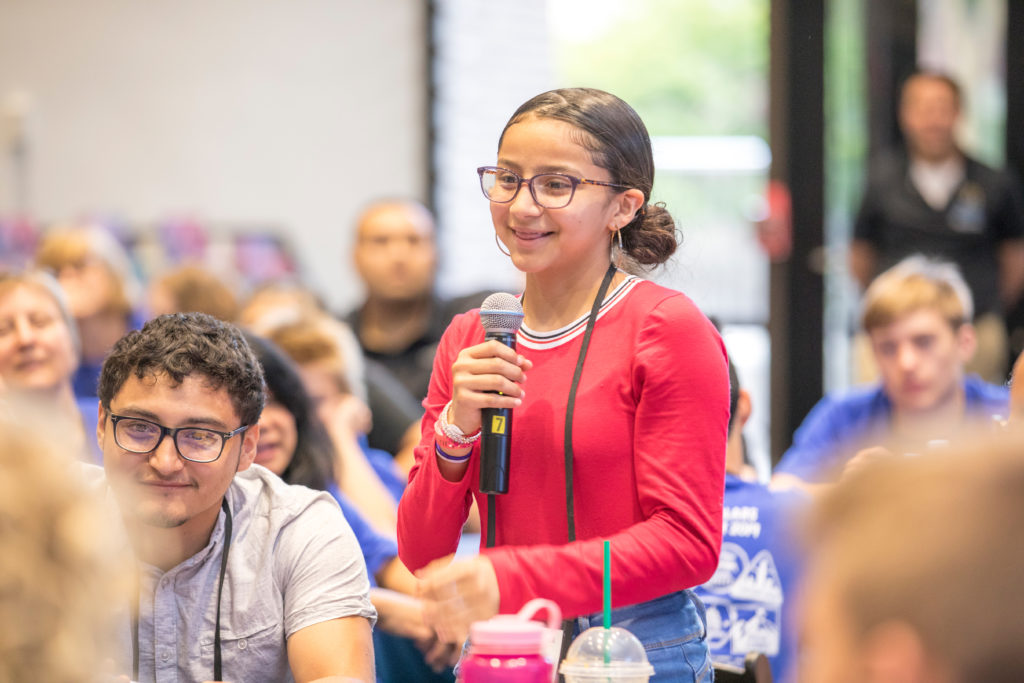Effective Pathways to College Access and Completion

November 22, 2019 – Here’s what we’re reading this week about the issues affecting high-achieving students. Highly-effective school counselors and well-designed college access programs can greatly influence the success of individual students. Other noteworthy articles focus on impactful rural education programs and new College Scorecard data.
Receive the Cooke Chronicle each week in your inbox: Subscribe here. The next issue will be sent out on Friday, December 6.
Elementary & Secondary Education:
- “Universal testing led [Montgomery County Public Schools] to identify nearly triple the number of children who could benefit from enriched learning,” writes Quartz. “They came from every racial background, from every socio-economic level, and could be found in every school across the district.”
- “Students who had a counselor of far-above-average quality were 2 percentage points more likely to graduate from high school, 1.5 points more likely to attend college, and 1.4 points more likely to stay in college through their first year,” reports Chalkbeat on new research findings. For students with financial need, the effects were even larger.
- In Forbes, Richard Whitmire explains what successful college access programs have in common: providing comprehensive college advising and teaching K-12 students skills and expectations for the transition to higher education.
Higher Education:
- Financial need can impede college completion, even for students who feel academically prepared and graduate from well-resourced suburban schools. The Boston Globe reports “startling gaps” from the outcomes within individual Boston high schools.
- An update to the federal College Scorecard allows students and families to explore data on the total debt and first-year earnings of graduates by their specific programs of study at an institution. The Wall Street Journal offers an interactive tool to calculate which programs payoff.
- College students experiencing housing insecurity spoke with Young Invincibles to inform the organization’s research and recommendations for addressing the growing issue of student homelessness in higher education.
Cooke Foundation Highlights:
- Executive Director Seppy Basili shares how Foundation grantees are providing effective, innovative rural education programs. Learn about the importance of building relationships with teachers, administrators, and community members and bringing AP Physics into rural high schools.
- Cooke Scholar Wellington Mackey was the keynote speaker at the Westchester Community College Foundation‘s 50th anniversary celebration. After transferring from community college to Yale Wellington is currently in his first year at Yale Law School.
- Our “Persistence” research on the success of community college transfer students is cited in WKTN‘s coverage of the #EndCCStigma campaign in Ohio.